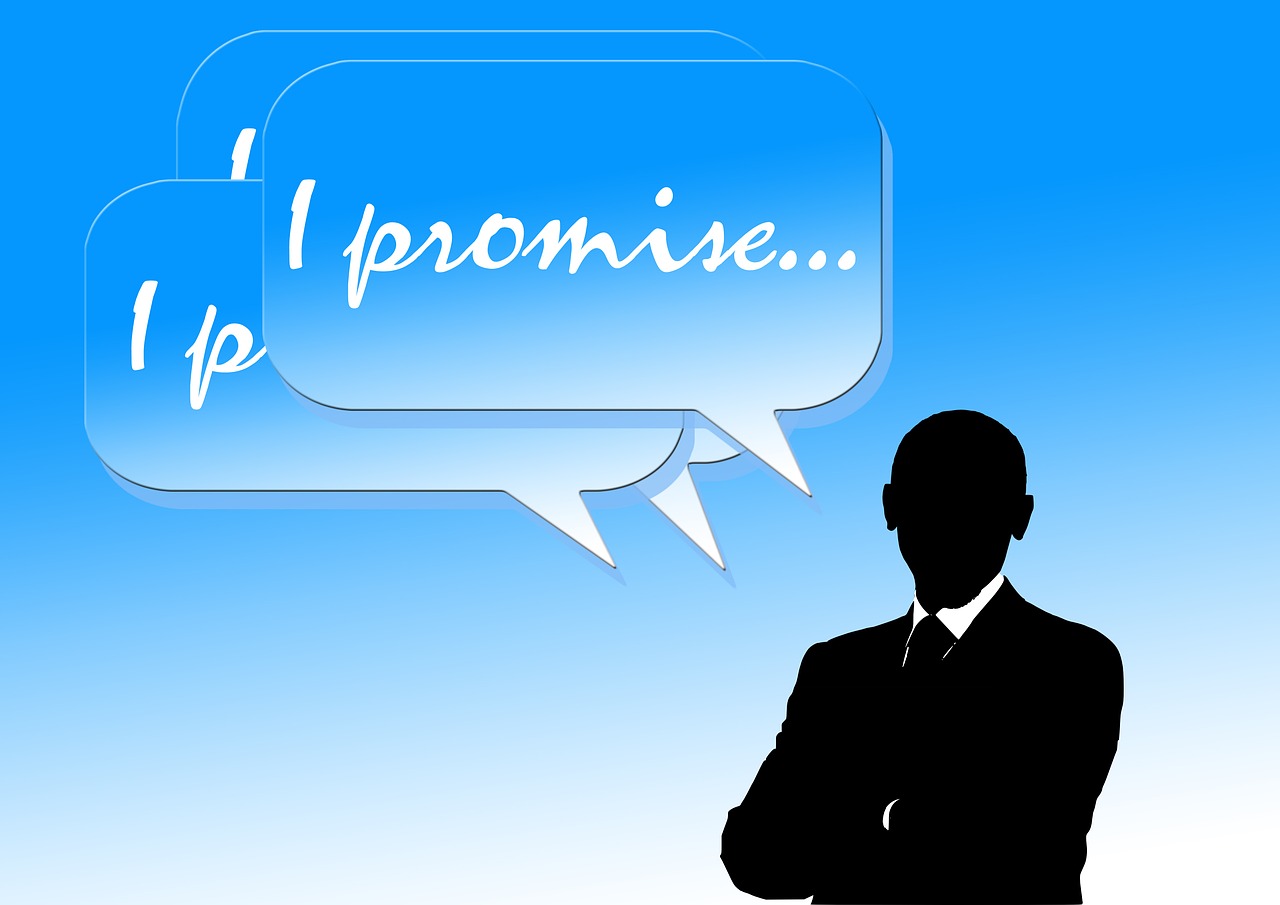Behavioral Science and Political Campaigns
Understanding the role of emotions in political decision-making is crucial for grasping the intricate mechanisms behind voter behavior. Emotions play a significant part in the formation of political preferences and the way individuals engage with political information. Research indicates that emotions can influence how people perceive political candidates, issues, and events, ultimately shaping their decisions at the polls.
Emotions such as fear, anger, empathy, and hope can sway voters in various directions, impacting their attitudes and choices. For instance, fear of societal change or national security threats may lead individuals to favor more conservative candidates or policies. On the other hand, feelings of empathy towards marginalized groups could drive voters to support progressive initiatives. By recognizing the powerful role emotions play in shaping political decisions, we can gain deeper insights into the complexities of voter behavior and enhance our understanding of the democratic process.
The Influence of Social Norms on Voter Behavior
Social norms play a pivotal role in shaping voter behavior during elections. These societal expectations and unwritten rules influence individuals’ decisions on how to cast their vote. Whether it is conforming to the beliefs of one’s social circle or aligning with the dominant ideology within a community, social norms can exert significant pressure on voters.
Moreover, the desire to be accepted and validated by others can lead individuals to adhere to prevailing social norms when making political choices. The fear of social exclusion or the need for approval can push voters to follow the crowd rather than critically assess their own beliefs and values. As a result, social norms can serve as a powerful force in shaping the collective behavior of voters and steering the outcome of elections.
Social norms can shape voter behavior by influencing individuals’ decisions on how to cast their vote
Conforming to the beliefs of one’s social circle or aligning with the dominant ideology within a community are common influences
The desire for acceptance and validation from others can lead individuals to adhere to prevailing social norms when making political choices
Fear of social exclusion or the need for approval can push voters to follow the crowd rather than critically assess their own beliefs and values
The Impact of Cognitive Biases on Political Beliefs
Cognitive biases play a significant role in shaping individuals’ political beliefs. These biases can lead people to interpret information in a way that aligns with their pre-existing beliefs, creating a reinforcement loop that can be difficult to break. Confirmation bias, for example, causes individuals to seek out information that supports their views while dismissing or rejecting conflicting evidence.
Moreover, the availability heuristic can lead individuals to rely on information that is easily accessible or memorable rather than seeking out a more comprehensive understanding of a political issue. This can result in distorted perceptions and judgments, influencing how people form and reinforce their political beliefs. Understanding the impact of cognitive biases on political beliefs is crucial for developing strategies to encourage more critical thinking and open-mindedness in the political sphere.
How do emotions play a role in political decision making?
Emotions can heavily influence political decision making by shaping our perceptions, beliefs, and attitudes towards certain political issues or candidates.
How do social norms impact voter behavior?
Social norms can influence voter behavior by creating pressure to conform to certain political ideologies or beliefs, leading individuals to align their voting choices with the views of their social group.
What are cognitive biases and how do they impact political beliefs?
Cognitive biases are systematic errors in thinking that can distort our judgment and decision making. These biases can lead individuals to hold onto certain political beliefs or opinions, even in the face of contradictory evidence.







